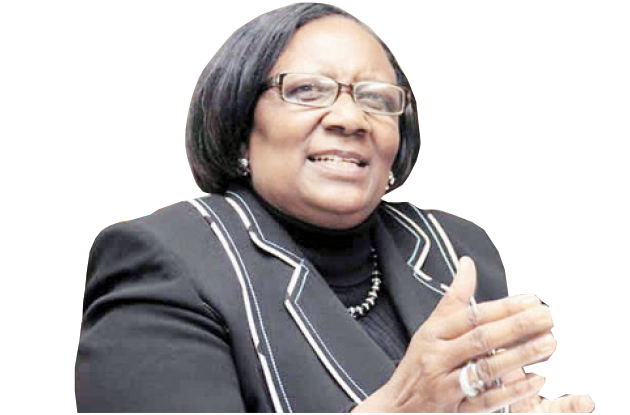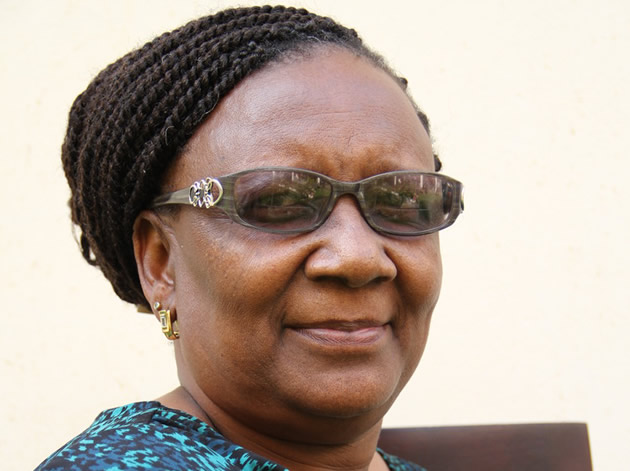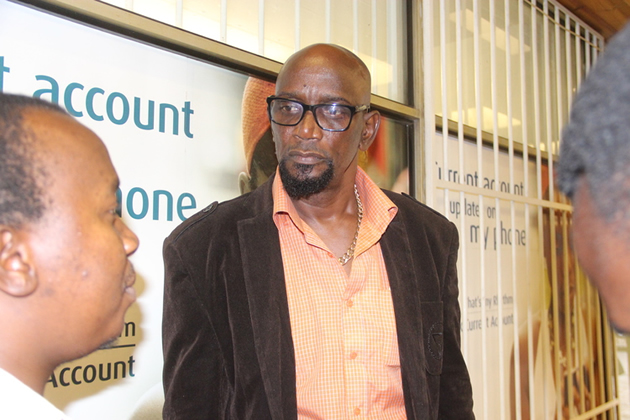Bonus pay dates availed

Pamela Shumba, Senior Reporter
THE Government yesterday resolved to pay civil servants their 2016 annual bonuses in cash to be staggered between the end of April and August.
The civil servants yesterday met a team of ministers led by Public Service, Labour and Social Welfare Minister Prisca Mupfumira for a crunch indaba to finalise the issue on the bonuses.
Ministers Patrick Chinamasa (finance and economic development) and David Parirenyatwa (health and child care) and Reserve Bank of Zimbabwe Governor Dr John Mangudya were part of the delegation.
Minister Mupfumira told The Chronicle members of the Zimbabwe National Army, Air Force of Zimbabwe and the health sector will receive their 13th cheques next month, while police and Zimbabwe Prisons and Correctional Services will be paid in May.
The Government will pay the education sector in June and the rest of the civil service in August.
Minister Mupfumira told The Chronicle after the meeting that they had finally reached consensus with the workers’ representatives.
“We met in January and put proposals for the bonus issue. We had agreed we would meet on the 20th of February after consulting our constituencies. We could not hold the meetings because one key stakeholder, the holder of the purse (Minister Chinamasa) was away on other important business hence we have had our meeting today.
“I’m glad to report that after deliberations we have finally come up with an agreed position where we are going to be paying our civil servants their bonuses in a staggered form. The money will be paid beginning end of April, May, June and August,” said Minister Mupfumira.
She said no one will be paid in July because the Government has cash flow problems and has to make other payments.
“We’ve discussed and agreed. It’s feasible to give them in August and not July. The issue is we have agreed on a position and we are going to be making our payments,” said the minister.
Apex Council chairperson Mrs Cecilia Alexander said they were excited that the bonus issue has been finalised.
“We’ve agreed to the Government’s proposal to pay the civil servants bonuses in cash. Although staggered, this is a welcome development. We’re happy that the issue has been finalised.
“We’re also glad that all civil servants will be paid in uniformity, instead of cash for some and stands for others. We commend the Government for considering the welfare of its workers,” said Mrs Alexander.
Zimbabwe Teachers’ Association (Zimta) president Mr Richard Gundane said the Government should not subject them to prolonged negotiations because civil servants have a right to receive their bonuses every year.
“The issues of bonuses should never be ignored until it’s too late. We should never be subjected to these processes of negotiations and dialogue. Bonus is a right which should be provided up front and should be catered for in the budget.
“Bonuses should also be paid within the same working year. This also applies to the salaries. They should be paid in the same working month,” said Mr Gundane.
He said the Government should honour its responsibility to mobilise resources and make sure that payment of salaries and bonuses is done on time.
He also underscored the need for the Government to respect workers’ unions and avoid misdirecting members.
“As workers we want to implore the Government to cultivate an environment where there’s trust and mutual respect between the Government and the workers’ unions. We should allow social dialogue to go on in good faith.
“We don’t want a situation where the Government misdirects our members and conducts surveys to collect information from them without our consent. This results in industrial disharmony,” said Mr Gundane
During the meeting on bonuses held in January, the Government offered three proposals to settle the 2016 bonuses. The options were residential stands, a cash stipend coupled with non-monetary benefits and property investment bonds.
Most civil servants union leaders rejected all the proposals, saying they wanted cash yet some of the workers were in favour of residential stands option.
This forced the Government to conduct a survey in which it solicited views of its workers who do not fall under the unions.
The union leaders saw this as an infringement on their rights and threatened to demonstrate, before reversing their decision on Friday to give dialogue a chance. This came after an attempt by some opposition activists to hijack the planned strike.
@pamelashumba1












Comments